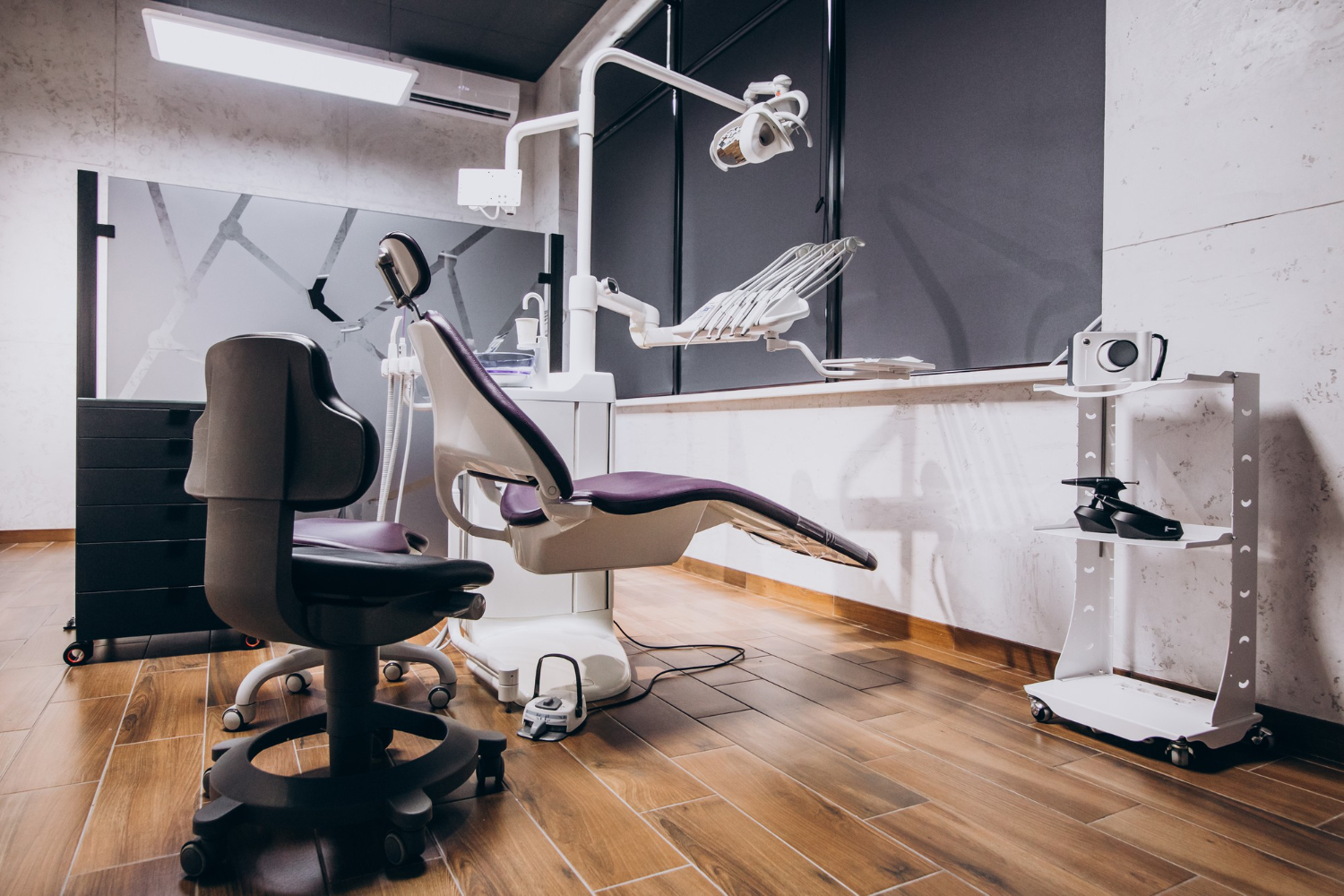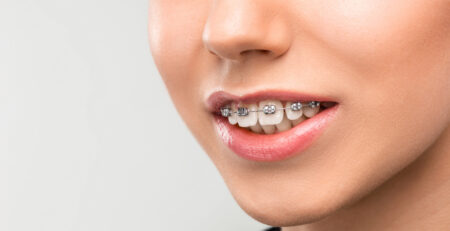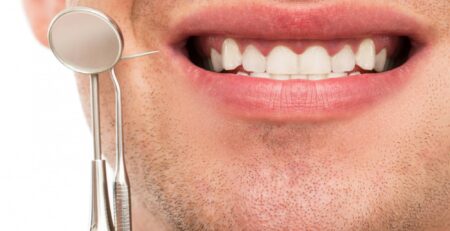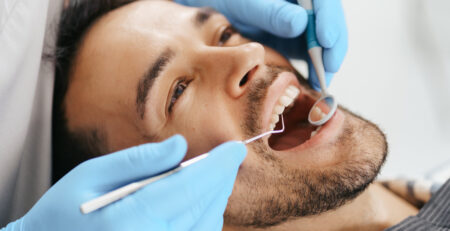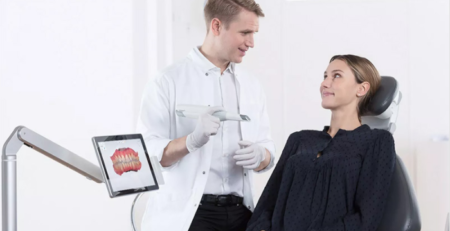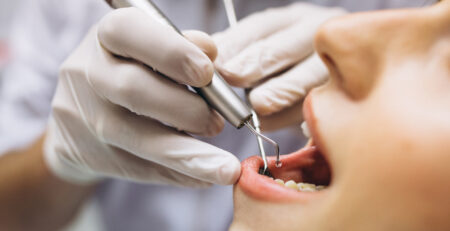Emergency Dentistry: How to Handle Common Dental Emergencies at Home
When it comes to dental emergencies, being prepared and knowing how to handle common issues at home can make a significant difference in minimizing pain and preventing further damage. Recognizing dental emergencies and taking immediate steps can be crucial in ensuring the best possible outcome. In this comprehensive guide, we’ll cover various scenarios and provide practical advice under the subheadings below.
Recognizing Dental Emergencies
Understanding what constitutes a dental emergency is the first step in effective home care. Dental emergencies can vary in severity and may manifest in different ways. A sudden and intense toothache, especially when accompanied by swelling or fever, could signal an underlying infection that requires immediate attention. Knocked-out teeth, if not addressed promptly, may lead to permanent tooth loss. Broken or chipped teeth can expose delicate nerves, causing unbearable pain. Recognizing the urgency of the situation involves not only identifying the specific emergency but also understanding the potential consequences of delayed intervention. By being vigilant and informed, you empower yourself to respond appropriately and safeguard your oral health.
Immediate Steps for Toothaches
Toothaches can be excruciating, often disrupting daily activities and affecting your overall well-being. When faced with a toothache, the initial steps you take can significantly impact the subsequent course of events. Rinsing your mouth with warm water serves a dual purpose – it cleanses the affected area and provides a soothing effect. Gently flossing around the painful tooth helps dislodge any debris or food particles that might be aggravating the pain. Over-the-counter pain relievers, such as acetaminophen or ibuprofen, can offer temporary relief, but they should be viewed as a stopgap measure rather than a long-term solution. Consulting with a dentist is paramount for a proper diagnosis and tailored treatment plan. Remember, a toothache may be indicative of various issues, ranging from cavities to more complex dental issues, and a professional evaluation ensures an accurate diagnosis and effective relief.
Dealing with a Knocked-Out Tooth: Ensuring the Best Outcome
When faced with a knocked-out tooth, acting swiftly is crucial for increasing the likelihood of successful re-implantation. Time is of the essence in preserving the tooth’s viability. Holding the tooth by the crown is imperative; touching the root can damage delicate cells necessary for reattachment. Gently rinsing the tooth with water is advised, especially if it has collected dirt or debris. Attempt to reinsert the tooth into the socket, but if this proves impossible, store it in a container with milk or saliva to keep it moist. Seeking emergency dental care immediately enhances the chances of a positive outcome, as professional intervention is essential for successful re-implantation.
Managing Broken or Chipped Teeth: Quick and Effective Measures
Accidents or biting on hard objects can result in broken or chipped teeth, causing discomfort and potential complications. If you find yourself in this situation, collecting any broken pieces is vital. A thorough rinse with warm water will help clean the affected area. To alleviate swelling, applying a cold compress is recommended. Safeguard the broken pieces and bring them to your dentist; they may be instrumental in the repair process. During this time, avoid chewing on the affected side to prevent further damage. Promptly scheduling an emergency dental appointment ensures a professional evaluation and timely repair, preventing additional issues down the road.
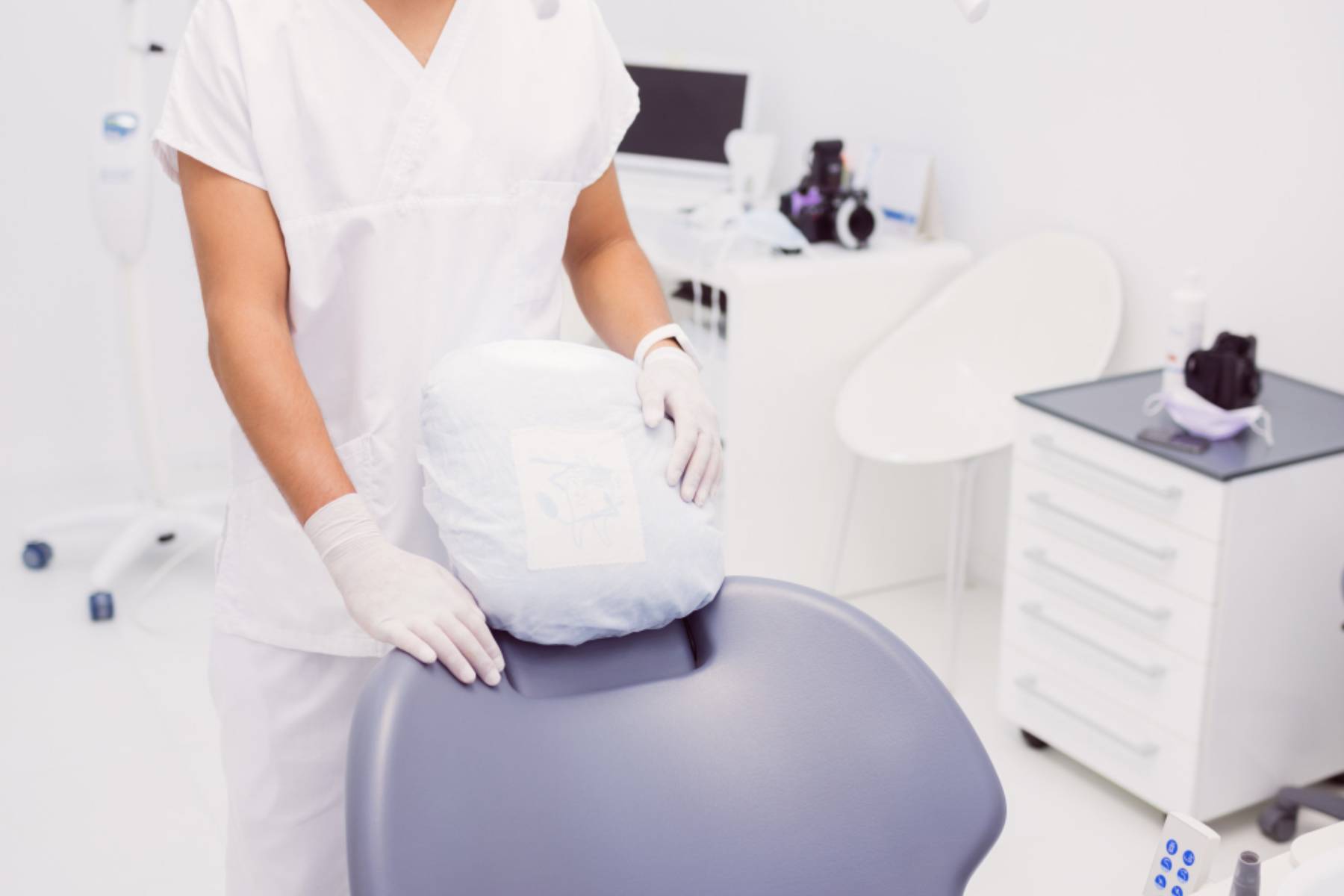
Controlling Oral Bleeding: Calm and Effective First Aid
The sight of oral bleeding can be distressing, but maintaining composure is key to implementing effective first aid. A gentle rinse with warm water serves a dual purpose – cleaning the area and soothing the affected tissues. To control bleeding, applying a moistened gauze or tea bag to the site and biting down with gentle pressure can be remarkably effective. However, if the bleeding persists, seeking immediate dental attention is paramount. It’s crucial to avoid aspirin during this time, as it can contribute to prolonged bleeding. Timely professional intervention will address the root cause of the bleeding, ensuring a more thorough and lasting resolution.
Coping with Lost Dental Fillings or Crowns
Losing a dental filling or crown not only exposes sensitive tooth tissue but can also lead to heightened sensitivity to temperature changes and discomfort while chewing. The exposed area is susceptible to bacterial infiltration, increasing the risk of decay. In addition to using dental cement available at pharmacies, consider placing a temporary dental filling material over the exposed part for added protection. These materials are designed for short-term use and can help mitigate discomfort until you can see your dentist. Remember, the longer the delay in addressing a lost filling or crown, the greater the risk of complications.
Treating Abscesses or Dental Infections
Dental abscesses and infections are not only painful but can also have systemic effects if left untreated. In addition to rinsing your mouth with a mild saltwater solution, consider using an antimicrobial mouthwash to help control the bacterial load. Over-the-counter pain relievers can provide temporary relief, but they do not address the root cause of the infection. It is imperative to seek professional dental attention promptly. Your dentist may need to drain the abscess, prescribe antibiotics, and determine the appropriate follow-up care to ensure complete resolution and prevent the infection from spreading to other parts of the body.
Handling Objects Stuck Between Teeth
Objects stuck between teeth can be a common source of irritation and discomfort. In attempting to remove the object with dental floss, try using waxed floss to minimize the risk of causing damage to the gums or creating additional irritation. If flossing is unsuccessful, consider using an interdental brush or a dental pick specifically designed for this purpose. Be gentle and patient during the process to avoid causing trauma to the surrounding tissues. If all attempts fail, seeking prompt professional assistance is crucial to prevent potential complications such as infection or damage to the tooth structure. A dentist has specialized tools to safely and effectively remove objects lodged between teeth without causing harm.
Take Control of Your Dental Emergencies with Lumina Dental: Contact Us for Expert Care Today!
In times of dental emergencies, swift and informed action can make all the difference. Lumina Dental is here to provide you with expert care and guidance when you need it most. Don’t let a dental crisis compromise your well-being – contact us today for prompt and professional assistance. Our experienced team at Lumina Dental is ready to address your concerns, offering tailored solutions to ensure your oral health remains a top priority. Remember, your well-being is our priority. Reach out to Lumina Dental now – because when it comes to emergencies, time is of the essence. Contact us and let us help you smile confidently again.

